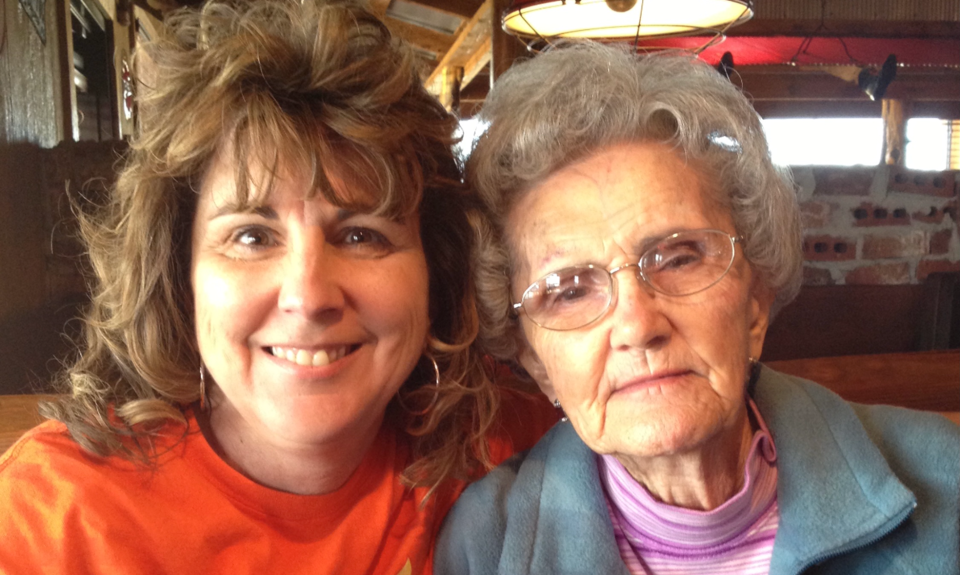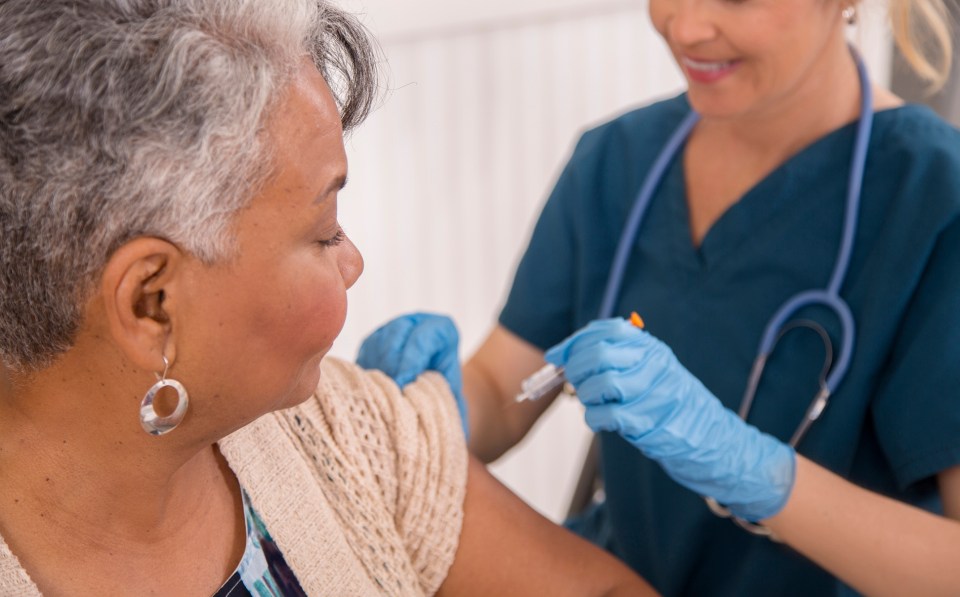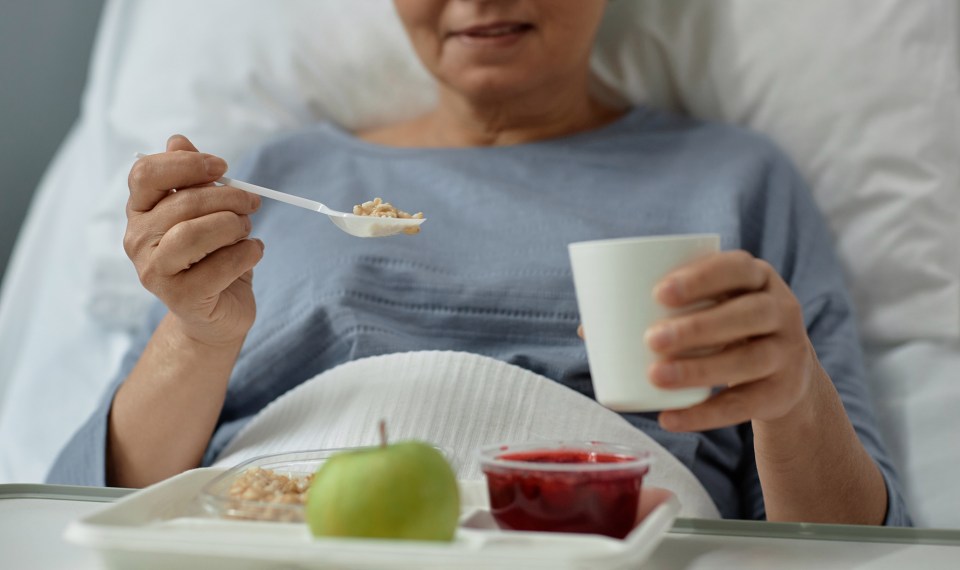Pamela Gillis was used to her mother playing the role of the caregiver. In addition to being a mother and wife, her mother Hautie Ezell started her nursing career in the late 1940s, and was also a hospice volunteer and Sunday school teacher.
“Caring for others was a large part of her life,” Gillis said. “She was very independent, so it was hard for her to give in and let someone else take care of her.”
That’s what Ezell had to do though, at the age of 91, when after a fall, her health began to quickly decline. She had also suffered several small strokes and had dementia. At that point, their roles reversed, and Gillis became her mother’s caregiver. It was a difficult time for both of them, but thanks to the help of family and friends, as well as home health and hospice, Ezell’s final days were filled with love and respect.
Ezell passed away in December 2020. Though Gillis knows what it is like to be a caregiver—she’s an area manager for Encompass Health – Home Health & Hospice and has worked in hospice for many years—she said it’s different when you are caring for a family member, especially a parent who used to be the one taking care of you.
“When it’s your family member, especially your mother, it is totally different,” she said.
Gillis offers the following advice for those who are faced with caring for a parent or other loved one.
Get help
After her mother’s first fall, she had home health begin visiting to help provide therapy and medical assistance. Gillis said her mother looked forward to the visits each day, and her Encompass Health Home Health team was there the day Ezell transitioned to hospice.
“When I made the call to my office letting them know that I wanted my mother transitioned, they were great,” Gillis said. “My second family kicked in. It was a quick and timely admission, and they began meeting her needs and mine immediately. They were there to support us both.”
Don’t neglect your own needs
Gillis admits this is easier than it sounds when you’re faced with caring for a parent or loved one. In addition to caring for her mother, she was working and has children of her own.
She said her family was great in offering to relieve her, and her husband took on household chores.
“You just have to form your own little caregiver team,” she said. “I also had a great group of ladies that stayed with her when I couldn’t. Again, it was a blessing when hospice came onto the scene. That’s one thing I tell families that I talk with now: ‘Let our hospice team help you.’ We are here for the patient and the family.”
Don’t wait until it’s too late to call hospice
Hospice allowed Gillis and her family to spend quality time with Ezell and one another during her final days. As the hospice team tended to her medical needs and kept her comfortable, the family was able to be with her. “It lets you be the child or family member you are,” Gillis said of hospice care.
The content of this site is for informational purposes only and should not be taken as professional medical advice. Always seek the advice of your physician or other qualified healthcare provider with any questions you may have regarding any medical conditions or treatments.



